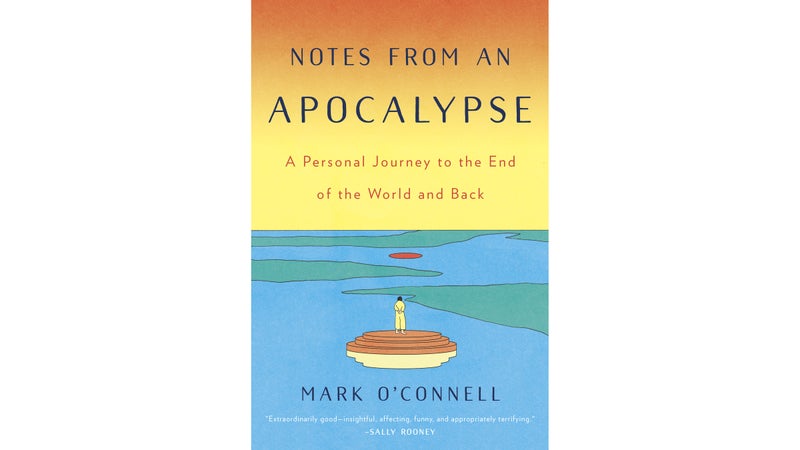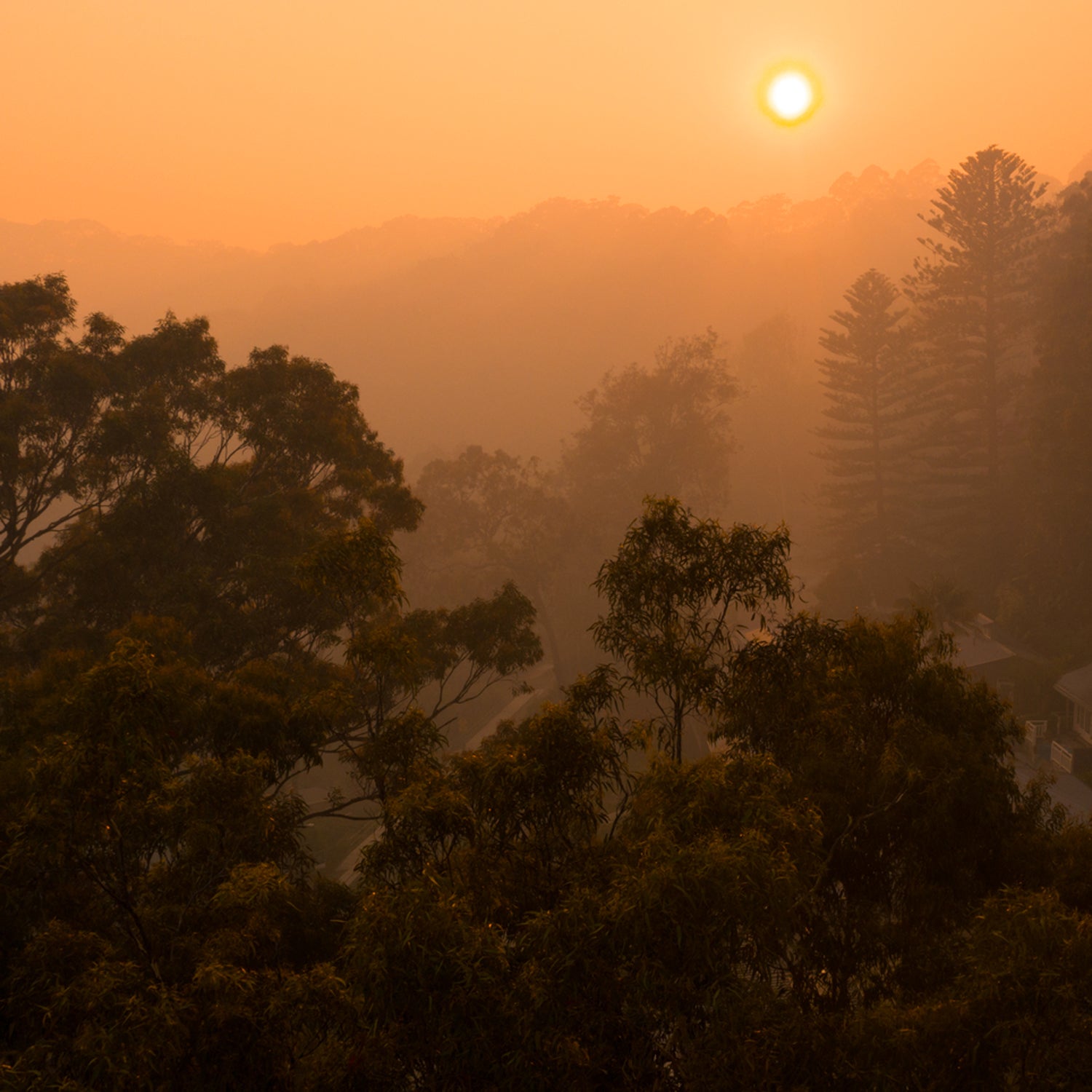For some of us, it may feel like the world is newly charged with an apocalyptic sense of dread. But Irish writer Mark O’Connell has been thinking about the end-times since long before our current crisis. “For those who wish to read them, and for those who do not, the cryptic but insistent signs of apocalypse are all around,” O’Connell argues in his new work of nonfiction, .��
O’Connell’s book was written before the COVID-19 pandemic, covering roughly the first��two years after Trump’s election. He travels around the world to report on the preppers, survivalists, and deep ecologists who are gearing up for the end of the world, responding to the persistent feeling that, as he writes, “we are alive in a time of worst-case scenarios.” The threats they’re anticipating are wide-ranging, from climate catastrophe to the breakdown of civil society. Often they’re trying to save themselves from these looming cataclysms, no matter what happens to those left behind. Reading this book in the midst of the��pandemic, I found an invaluable companion to this moment, one that expertly describes the ethical choices we now face.��
O’Connell is interested in what this obsession with the future tells us about today—especially about the widening chasm of global inequality. The book seems to be addressing��typical readers of essayistic nonfiction like myself:��People who have��time, and at least some money,��to spend preparing for an apocalypse. People whose lives are stable enough that they can think beyond getting through the day. He offers two visions of how the relatively privileged are dealing with their anxiety about being alive in a world that seems on the verge of unraveling.��

The first involves some kind of escape. O’Connell swims through New Zealand’s Lake Wanaka to catch a glimpse of Peter Thiel’s enormous estate, meant to be the billionaire’s��“haven amid a rising tide of apocalyptic unease.” He��tours a vast field of underground bunkers in South Dakota, which offers the comfortable��a place to withdraw from a troubled world—and any obligations toward those shut out of their safe places. Shortly after the devastating 2018 California wildfires, he visits a Mars Society conference in Pasadena where attendees debate the best way to set up a planet B for the few who can afford to flee an increasingly inhospitable earth.��
The proponents of escape��are overwhelmingly white, male, and at least middle-aged. Underneath their anxiety about��the future lies a barely disguised��nostalgia for the days when the hierarchy they presided over seemed invincible. Take, for example, the preppers who post YouTube videos that O’Connell spends hours watching. When the shit hits the fan, these men explain, they’ll take off with just a “bug-out bag” of essentials, ready to fight what some preppers describe as the “savages” threatening their new homesteads. (Implicitly, these savages��are people of color, and the defenders of civilization are��white��men.)
O’Connell argues that preppers are not, in fact, “preparing for their fears: they are preparing for their fantasies. The collapse of civilization means a return to modes of masculinity our culture no longer has much use for, to a world in which a man who can build a toilet from scratch—or protect his wife and children from intruders using a crossbow, or field dress a deer—is quickly promoted to a new elite.” Theirs is a fundamentally individualistic vision, one that rejects the societal imperative to help the vulnerable survive whatever disasters may come.��
We can’t just despoil the earth and leave others to suffer and die without consequences for us all; we can’t just escape to Mars or New Zealand when things fall apart.
But at the end of the book, when O’Connell returns to his wife and two young children in Dublin, he finds that his travels have left him much less interested in living in anticipation of the end of days. He is more determined than ever not “to withdraw from an ailing world, to bolt the door after myself and my family.” Conscious of the threats to his children’s futures, from climate catastrophe to encroaching fascism, he knows that “in the long run, everything is nothing”—empires fall, ecosystems collapse, and our bodies decay. But on our human timescale—the timescale in which we might read our children environmentalist bedtime stories and watch them grow up to strike for the climate—“everything is not nothing, not even close.” We can’t just despoil the earth and leave others to suffer and die without consequences for us all; we can’t just escape to Mars or New Zealand when things��fall apart.
It’s this realization that leads O’Connell to an alternate vision for processing our apocalyptic anxiety, one based on care, collective responsibility, reconnection to nature, and a commitment to being alive in this moment. It requires accepting that “our fate might be communal, that we might live together rather than survive alone.” Instead of retreating to our bunkers, we can engage with our cities, our families, and the opportunities for joy around us. “The world,” O’Connell writes, “requires attention. The world requires care.”��
O’Connell is never didactic or heavy-handed. But his book clearly offers an ethical choice to those of us scrolling through memes—“dank with foreboding,” as he puts it—in our beds and on our couches. We are how we prepare for the apocalypse, O’Connell suggests. During this time of pandemic, some have escaped to their newly acquired�� or to second homes in . But others are choosing another��path, one involving mutual aid and community care. We can create a different end of the world.��


